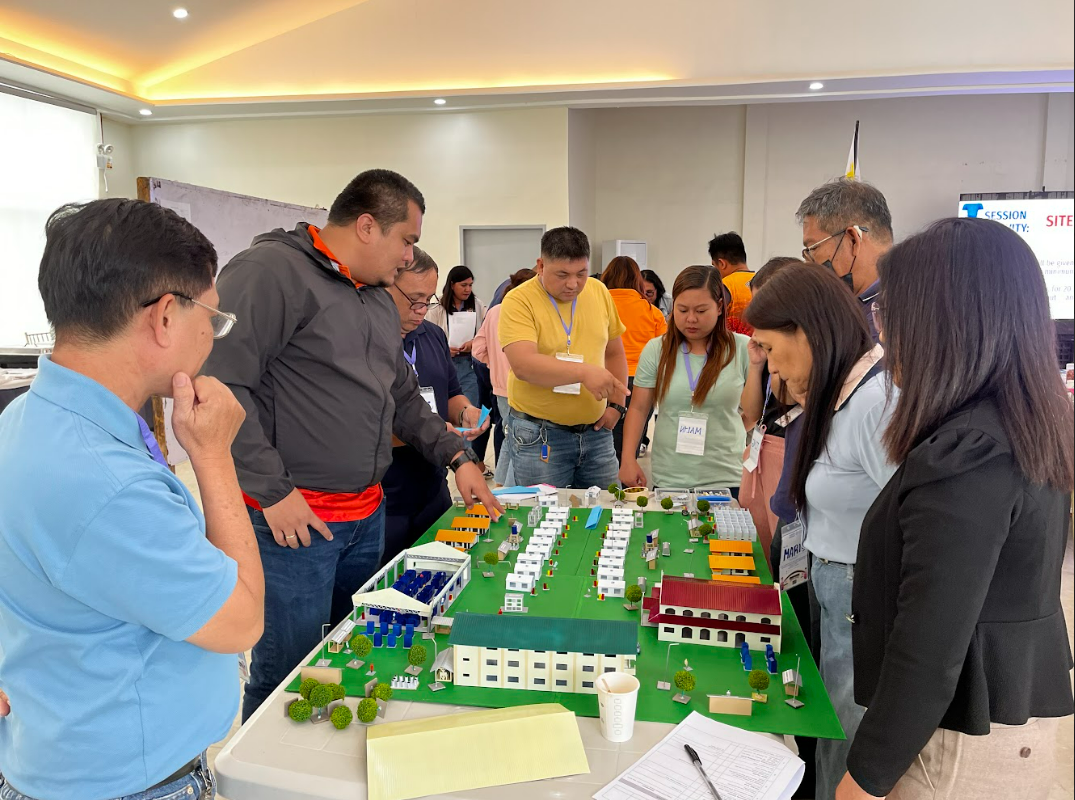

The Department of Social Welfare and Development (DSWD) Field Office V successfully concluded its five-day Training of Trainers (TOT) on Camp Coordination and Camp Management (CCCM) and Internally Displaced Persons (IDP) Protection for Disaster Risk Reduction and Management (DRRM) practitioners on April 5, 2025, at the Digital Transformation Center, Capitol Complex, Pili, Camarines Sur.
The training was attended by representatives from the Local DRRM Offices and Local Social Welfare and Development Offices of 21 Local Government Units (LGUs), along with personnel from the Bureau of Fire Protection (BFP), Camarines Sur Police Provincial Office (CSPPO), and the Department of Education (DepEd).
Designed to develop a pool of local trainers, the TOT aimed to capacitate Local Social Welfare and Development Officers (LSWDOs), Local DRRM Officers (LDRRMOs), and members of the Local DRRM Councils in effective CCCM and IDP protection strategies aligned with humanitarian standards and protocols.
The intensive training covered key topics including the Disaster Response and Risk Reduction Framework, relevant laws and policies on IDP protection, humanitarian standards, camp management, information management, and strategies for early recovery.
Resource persons from DSWD Field Office V’s Disaster Response Management Division (DRMD) facilitated the sessions using interactive and participatory methodologies. These included lectures, structured learning exercises, workshops, role-playing, practice sessions, and multimedia presentations.
Participants actively took part in demonstration and return-demonstration activities to reinforce learning and prepare them to become CCCM and IDP Protection trainers in their respective communities.
The activity was conducted in line with the directive of DSWD Secretary Rex Gatchalian to enhance local capacities in disaster preparedness and response, focusing on the welfare of internally displaced persons. DSWD Bicol Regional Director Norman Laurio also expressed his support for the initiative, emphasizing the importance of continuous capacity-building efforts in developing resilient and disaster preparedness.
The training concluded with an oath of undertaking, where participants committed to advancing DSWD’s mission in camp coordination and ensuring the protection and welfare of internally displaced persons in times of disaster and emergencies.###
